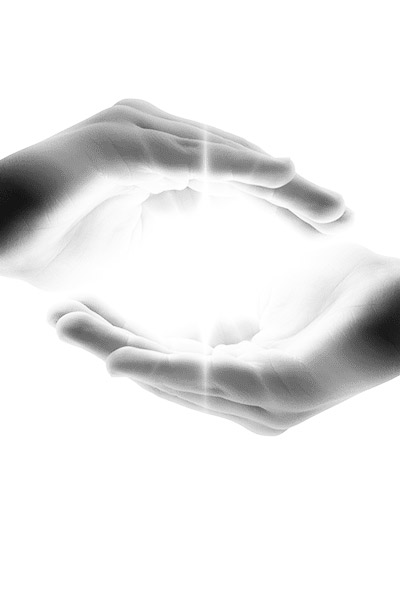We are all healers some of us just choose to practice it more often!

I trained at the College of healing in Malvern (1993) with Tony Neat one of the founders of the Bristol Cancer Clinic. I worked with Ruth White, (1998) author of many books on the esoteric. All the work I do is enhanced by my ability as an energy healer.
I am a Reiki Master Practitioner.
The Japanese word Reiki means ‘Universal Energy’. Eastern medicine has always recognised and worked with this energy, which flows through all living things and is vital to well-being. Known as ‘ki’ in Japan, ‘chi’ in China and ‘prana’ in India. Acupuncture, T’ai chi and Yoga are also based on the free-flow of this energy in a person.
Reiki is a non-invasive therapy whose purpose is to treat holistically and to restore homeostasis.
What are the Benefits?
Illness can be a time of great stress. Reiki can help us cope by encouraging relaxation and bringing balance to both mind and emotions.
Reiki encourages and supports positive personal choices, such as improving diet, taking more exercise, devoting time for rest or leisure activities, and may reduce the need for alcohol and tobacco. Engendering greater inner harmony and balance, regular Reiki treatments promote a calmer response to life’s challenges.
Note: Reiki is being used in various settings including private practice, complementary therapy centres, GP surgeries, hospitals, hospices, cancer support groups, post-operative recovery, drug rehabilitation, prisons, HIV/AIDS centres, and in the care of the elderly.
Being complementary, Reiki works effectively alongside orthodox healthcare and natural remedies, expanding treatment options.
Reiki can enhance everyday living, and regular sessions may help to promote development of a healthier, more resourceful state of being.
What Happens During A Session?
A Reiki treatment is non-diagnostic, non-interventionist, non-manipulative and no pressure is applied.
Reiki may be experienced as a flow of energy, mild tingling, warmth, coolness, other sensations, or nothing at all. Reiki is deeply relaxing and has a profoundly calming effect. It is a good idea to rest for a while afterwards and drink plenty of water over the next few days. Be responsive to the needs of your body, eg resting if tired, and allow the energy to continue its work after the session ends. The beneficial effects may be felt for several days.
How Often do I Need to Have a Treatment?
Even one single Reiki session can make a difference; however a course of regular treatments may be more effective. These may be weekly, fortnightly or less often depending on the needs of the individual. A treatment plan will be discussed with you, and reviewed as necessary. This will always be subject to your own preferences, and can be changed at any time according to progress.
Case study:
A young man came to see me. He was very anxious he did not quite know why. I asked him a few questions about what was going on in his life and decided that Healing would be good for him. After the treatment he said he felt very relaxed and when I left him in the room to relax for 10 minutes he felt like his angels were holding him.
